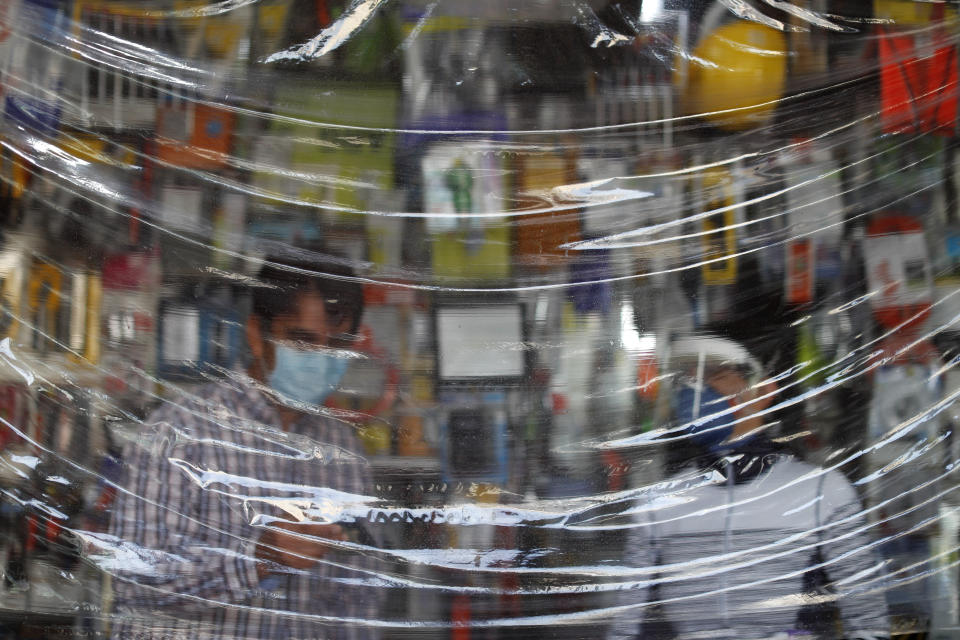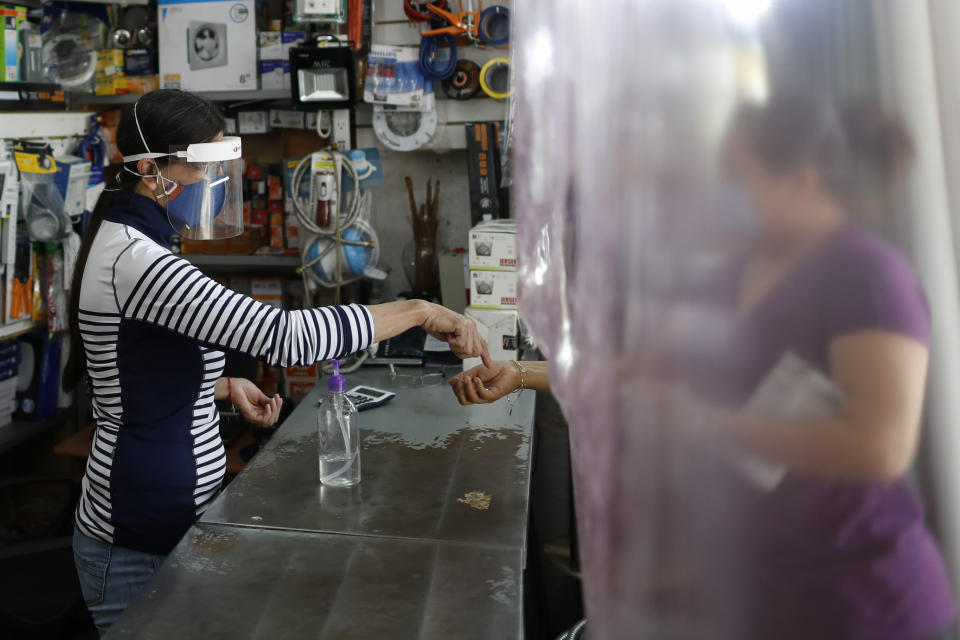Mexico to restrict mobility to areas less affected by virus
MEXICO CITY (AP) — Mexico will begin to restrict movement between places most affected by the COVID-19 virus — mostly large cities — and places with few infections, the president said Thursday.
President Andrés Manuel López Obrador asked authorities Thursday in towns so far unaffected by the pandemic to “help us establish sanitary cordons” to slow the spread.
Health undersecretary Hugo López-Gatell said the recommendation from advisory groups is to divide the country into areas with lots of cases and those that have had few or none. Travel between low-infection and high-infection areas would be permitted for "urgent, justifiable" reasons, but authorities would likely set up highway checkpoints to check travelers for symptoms. In the past, that has mainly meant taking their temperatures.
However, López-Gatell said the exact measures were still to be defined. He said coronavirus cases have been confirmed in about one-fifth of Mexico’s roughly 2,470 townships and municipalities.
The government is also extending its social distancing measures for another month to the end of May, predicting that the epidemic will peak in Mexico in about three weeks.
Mexico has confirmed nearly 6,300 infections and reported about 485 deaths. López-Gatell said health officials believe the real number of infections is probably eight times that. On Thursday he presented lists saying the country had nearly 56,000 “estimated” cases, though most remain untested. Mexico is currently running only about 4,000 tests per week, and has completed only about 21,250 tests so far.
For most people, the new coronavirus causes mild or moderate symptoms, such as fever and cough that clear up in two to three weeks. For some, especially older adults and people with existing health problems, it can cause more severe illness, including pneumonia and death.
So far, the federal government's social distancing measures have largely been recommendations, though it has begun to crack down on non-essential businesses that have stayed open. But there is no curfew like in other countries of the region, and López Obrador said that “without the use of force, without a curfew, our people have acted in a responsible way.”


